(CLO) On January 18, South Korean President Yoon Suk Yeol attended a hearing at the Seoul Western District Court, where a ruling will be made on his arrest warrant in the martial law case last month.
On the day of the hearing, Yoon’s motorcade left Uiwang Detention Center, where he was being held, and arrived at the courthouse under close surveillance from police and the Presidential Security Service. Thousands of supporters gathered outside, waving South Korean and American flags and chanting Yoon’s name in a show of solidarity.
Mr. Yoon was arrested at his home on January 15 on charges of inciting rebellion and abuse of power. Prosecutors from the Corruption Investigation Office for Senior Officials (CIO), in coordination with the police and military, asked the court to approve a formal arrest warrant.
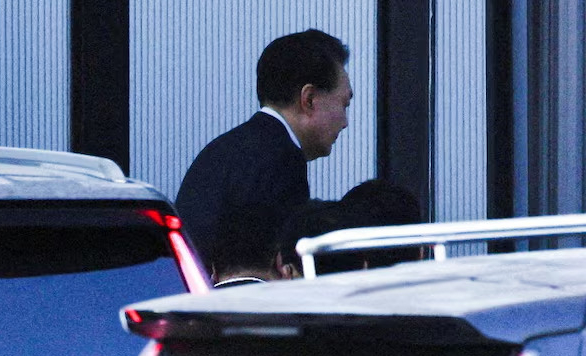
Impeached South Korean President Yoon Suk Yeol arrives at the Corruption Investigation Office for Senior Officials (CIO), in Gwacheon, South Korea on January 15. Photo: GI/KP
Yoon’s lawyer said his client attended the trial to defend the legitimacy of the martial law decree and restore his reputation. The decree, which was issued on December 3, took effect just hours before being repealed by the National Assembly. Yoon said the decree was an emergency administrative measure to deal with the political crisis fueled by the opposition.
But lawmakers voted to impeach him on December 14, effectively suspending his presidential powers. Yoon's legal team continues to argue that the CIO has no authority to investigate sedition charges and that the local court lacks jurisdiction over the martial law case.
The hearing lasted into the afternoon, with Mr. Yoon denying the sedition charge and asserting that there was no reason to arrest him. His lawyer argued that investigators had gathered enough evidence and that Mr. Yoon had no intention of fleeing.
A judge at the Seoul Western District Court is expected to make a decision later in the day or early the next morning. If the arrest warrant is approved, Mr. Yoon would become the first sitting president in South Korea's history to be formally arrested.
This allows investigators to extend the detention period for up to 20 days to complete the investigation and prepare for prosecution. If the order is rejected, Mr. Yoon will be released and returned to his residence, reinforcing the view that the investigation and the decision to impeach him were unfounded.
Ngoc Anh (according to Yonhap, Korea Hearld)
Source: https://www.congluan.vn/tong-thong-han-quoc-ra-toa-du-phien-dieu-tran-cho-phan-quyet-ve-lenh-bat-giu-post330962.html








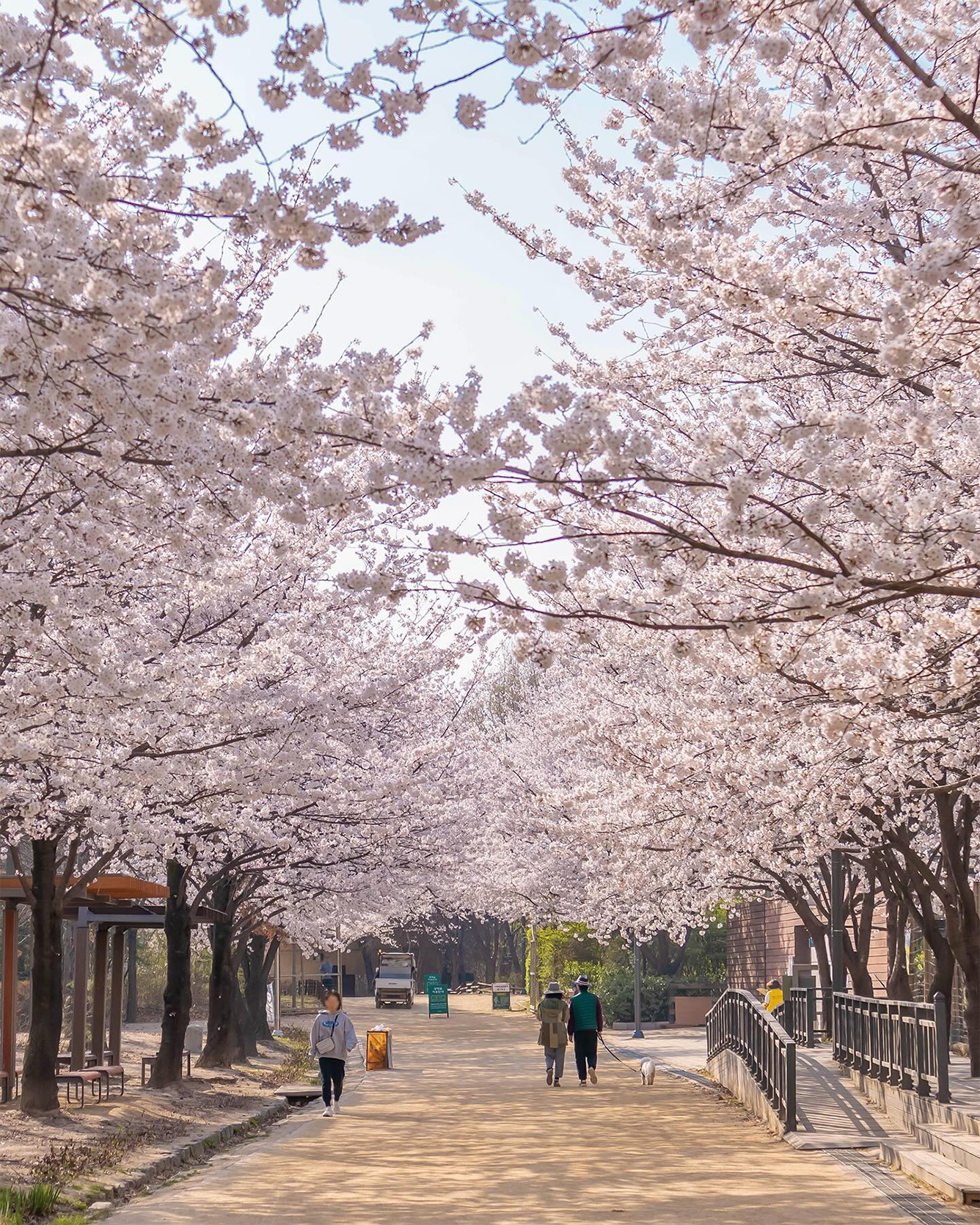

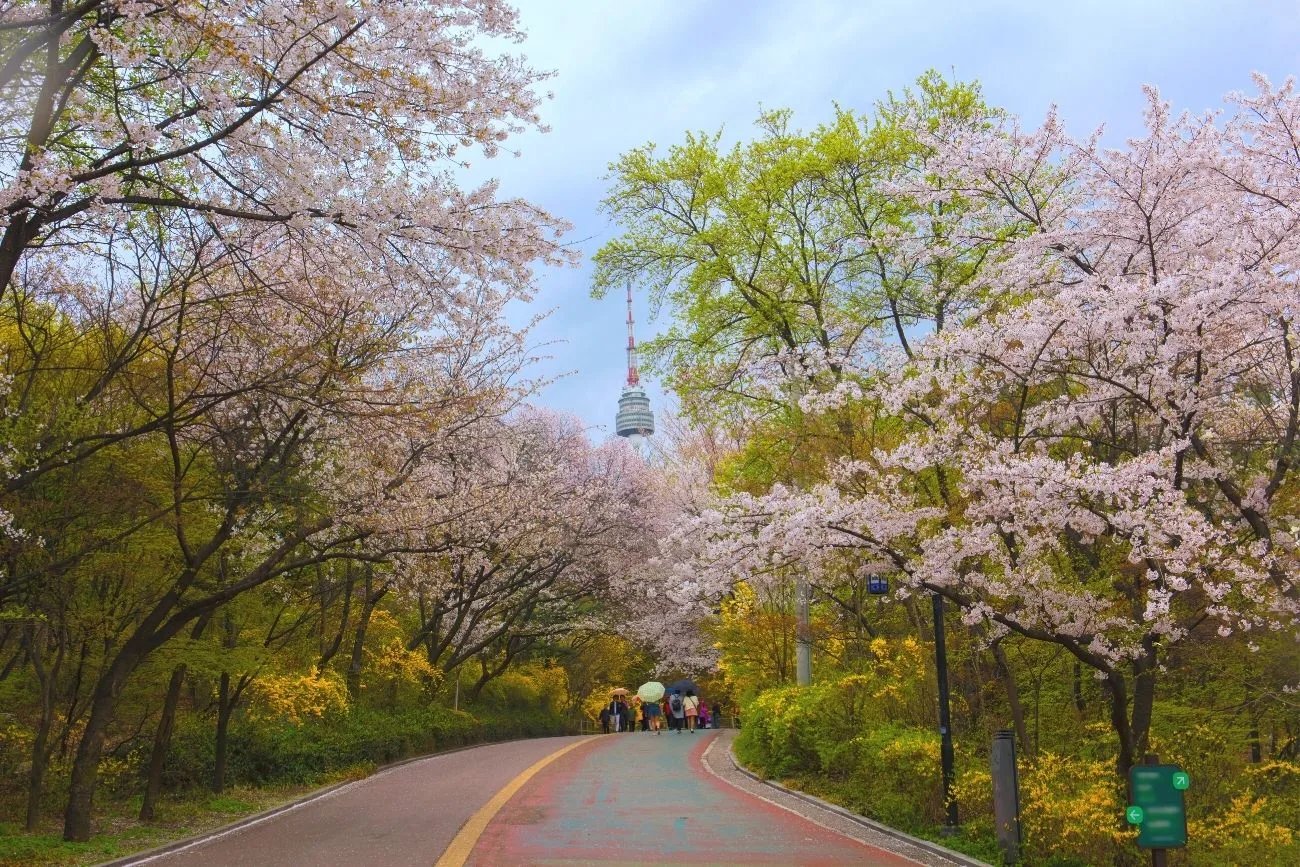

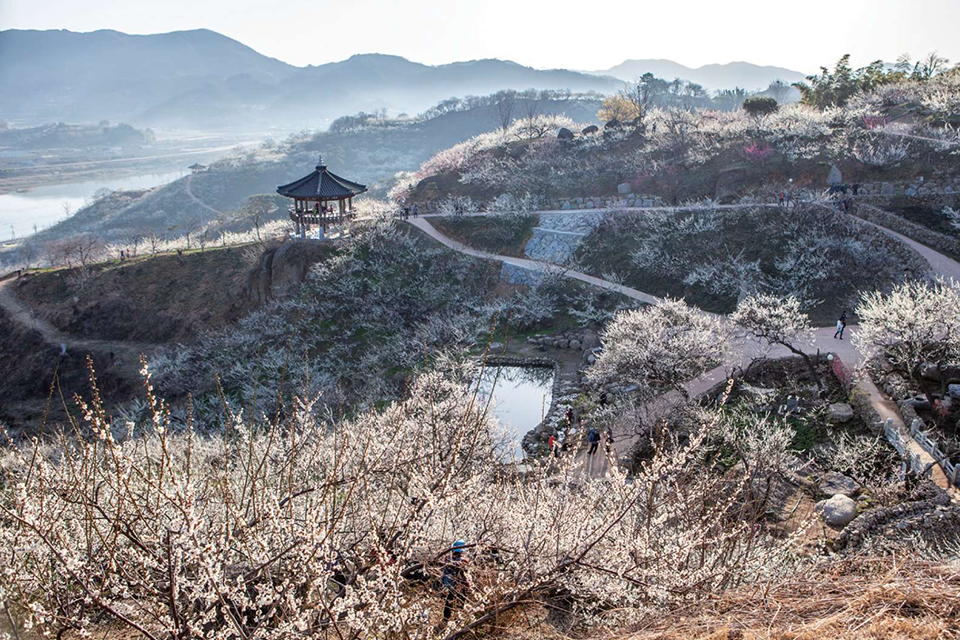
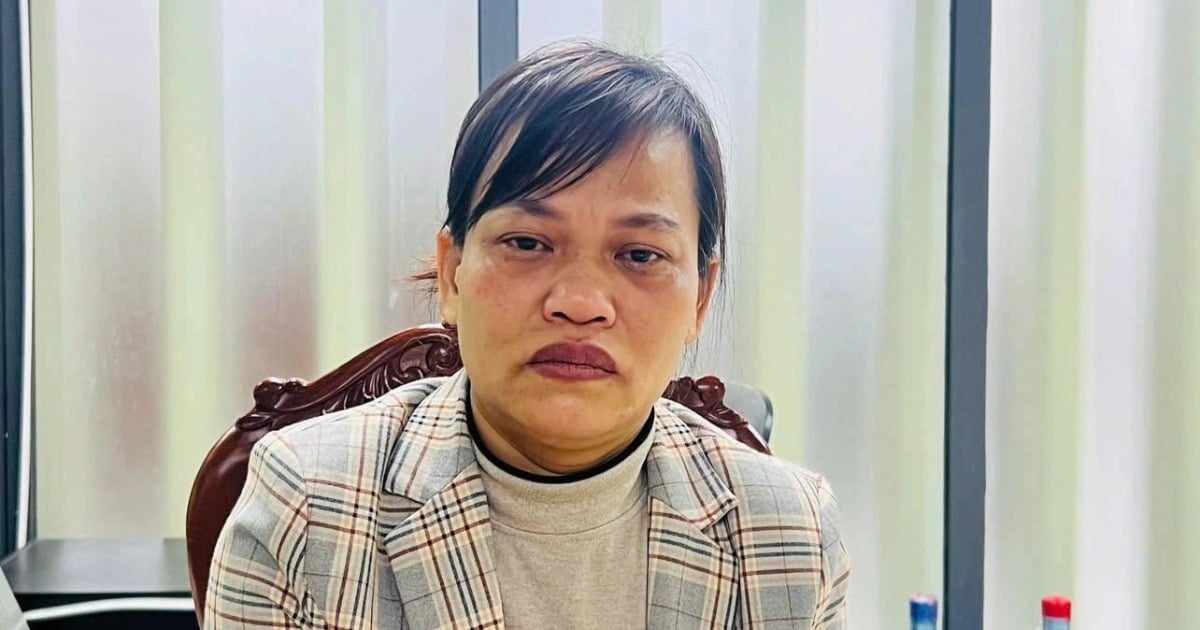

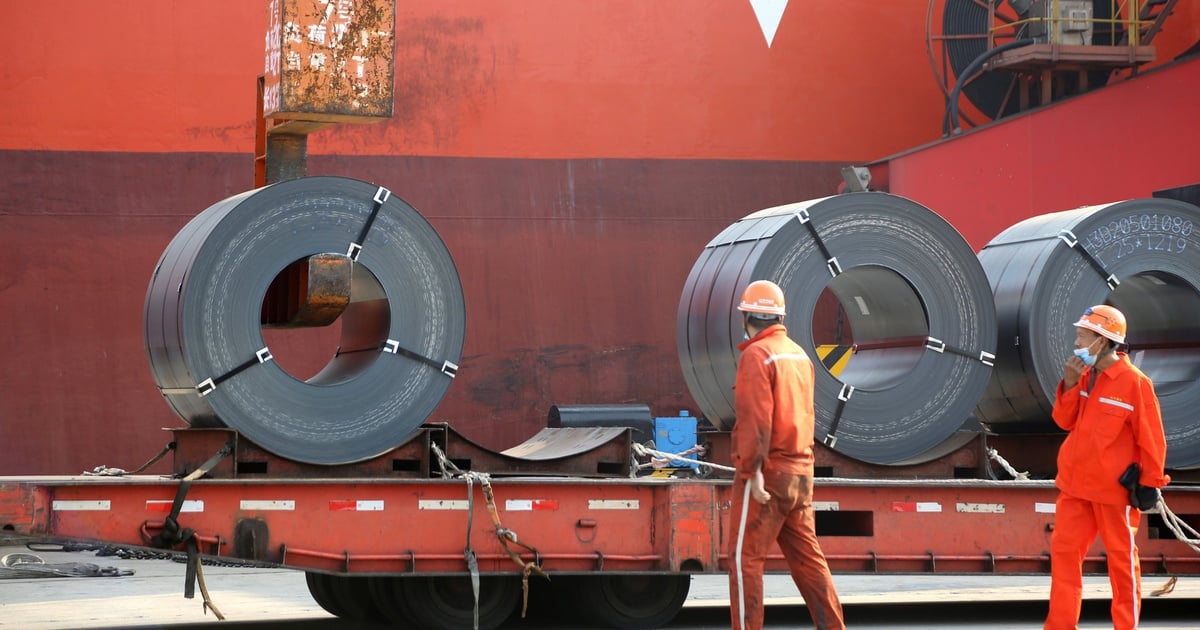

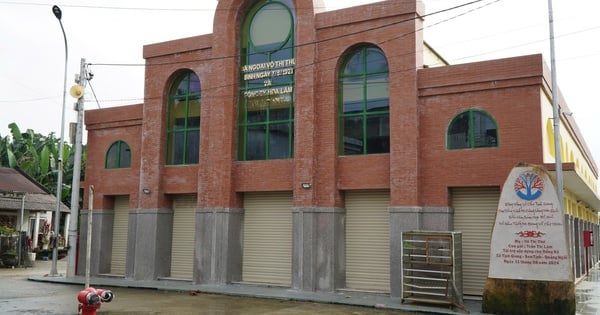

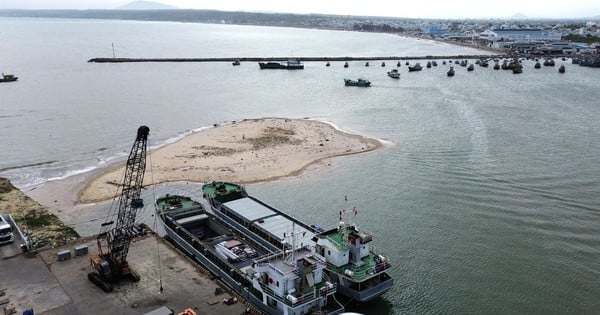

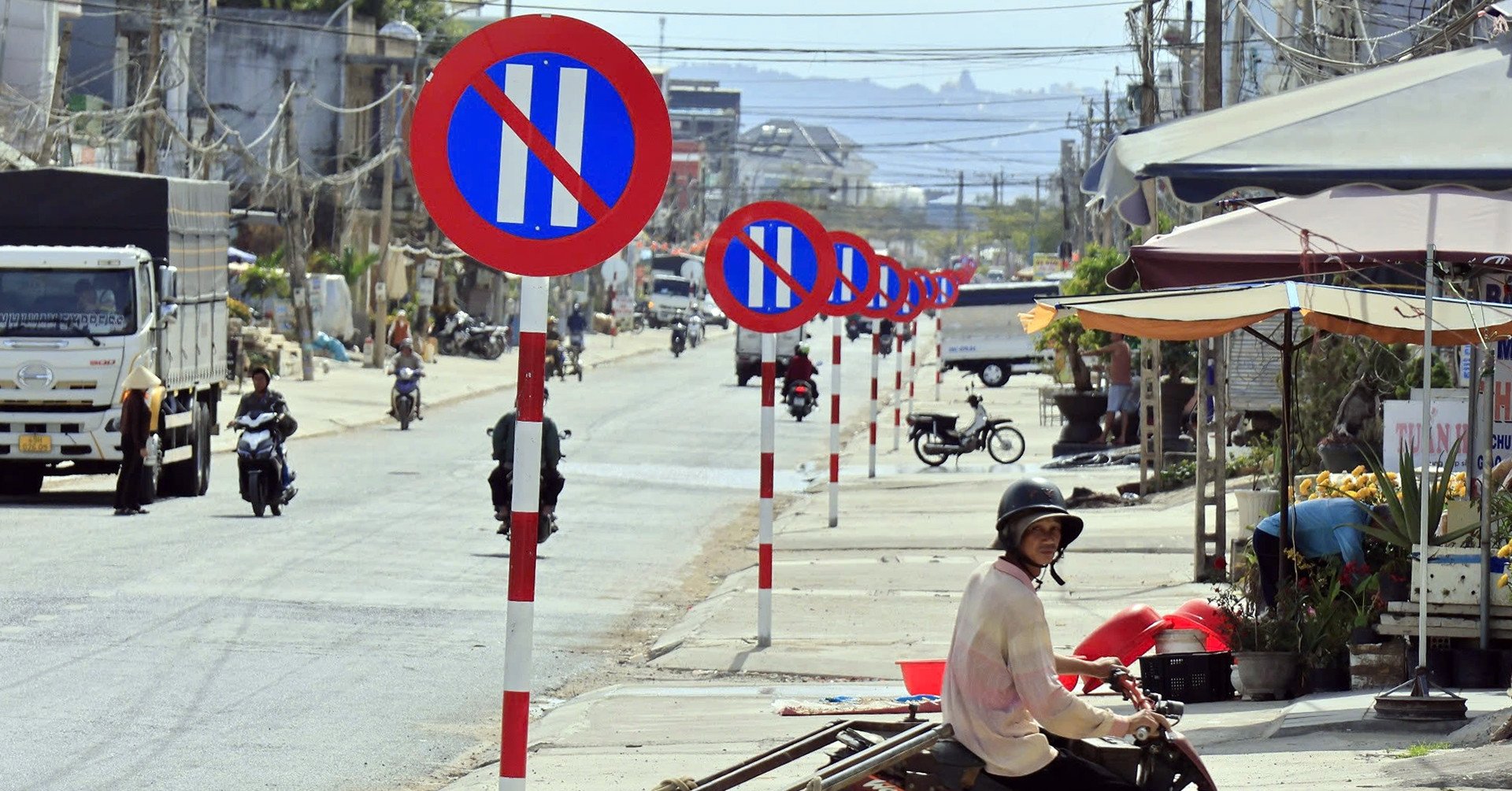

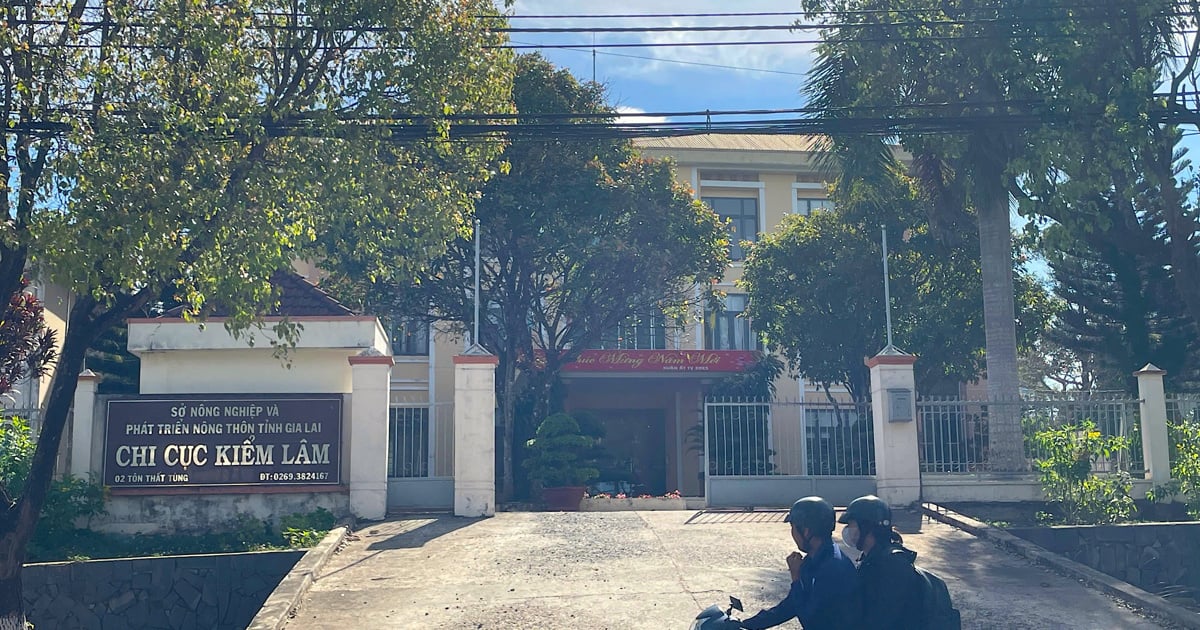

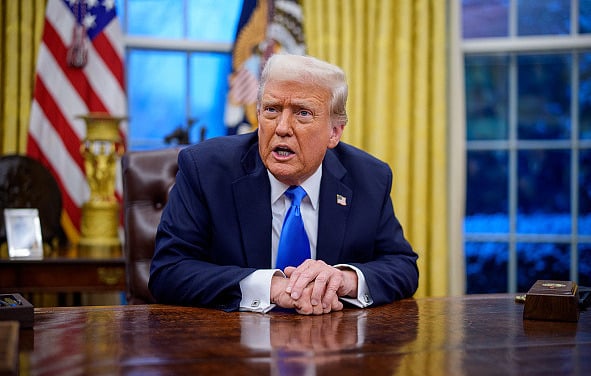
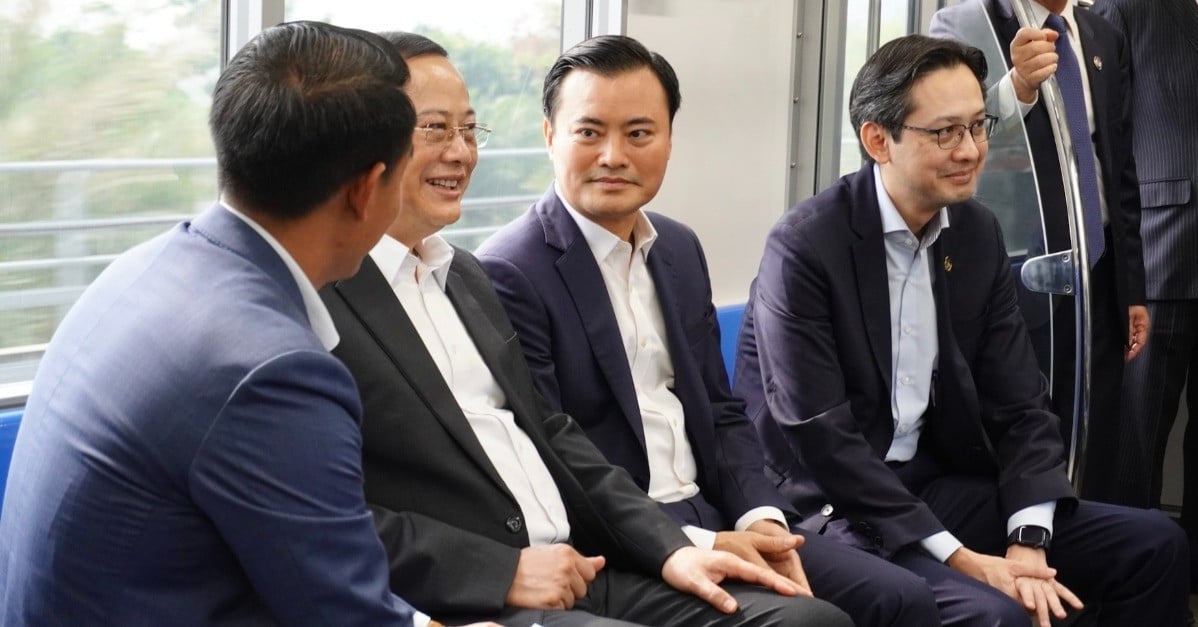
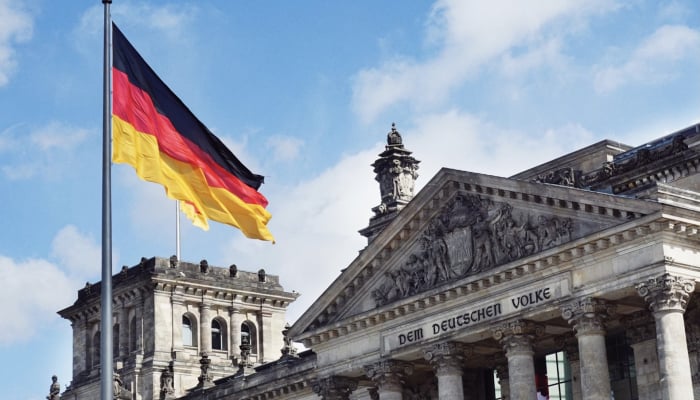
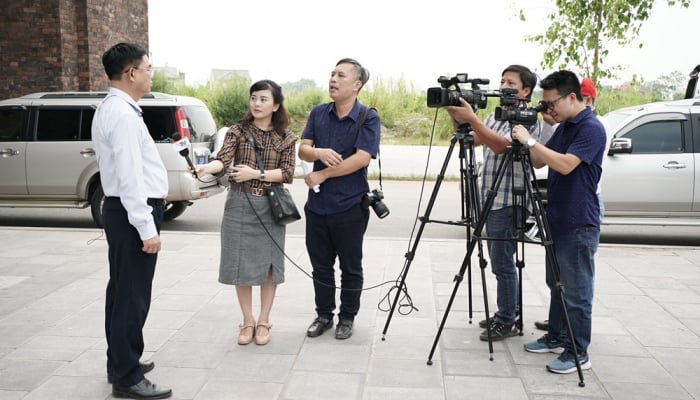
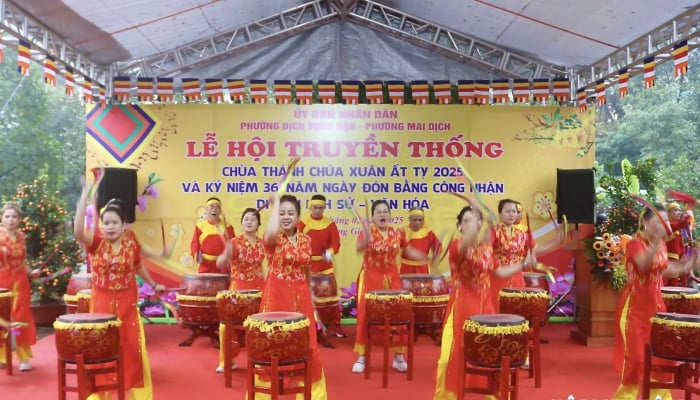
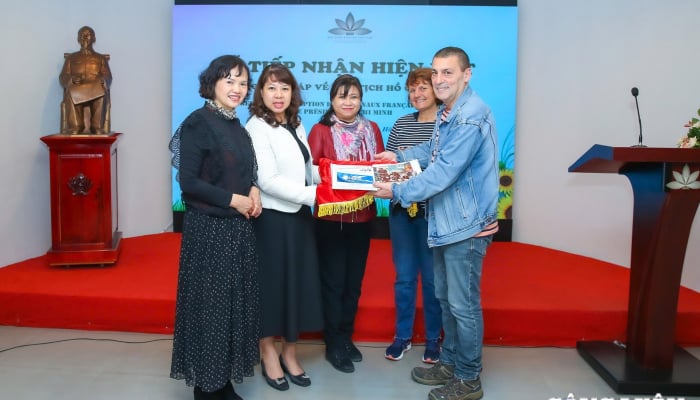
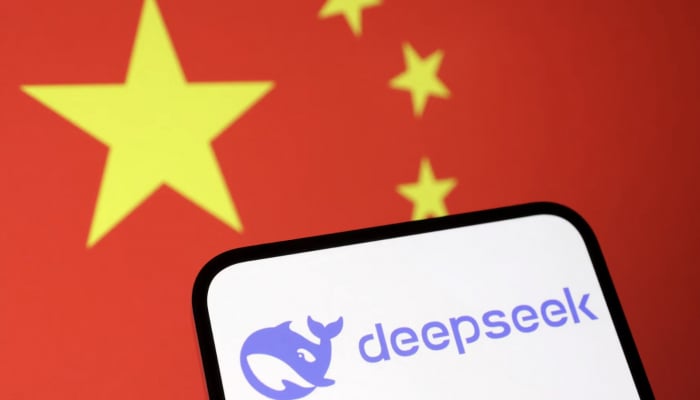
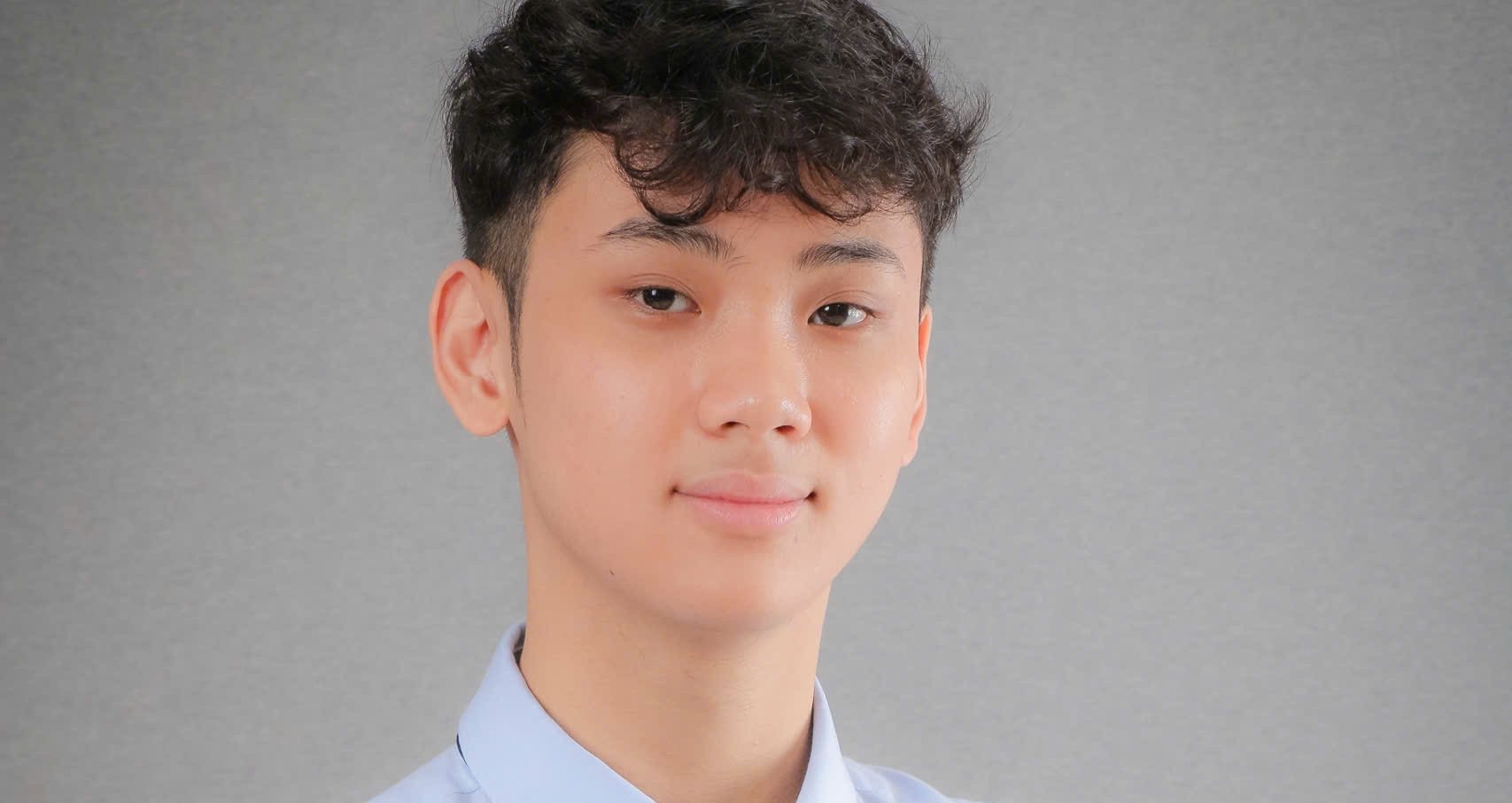
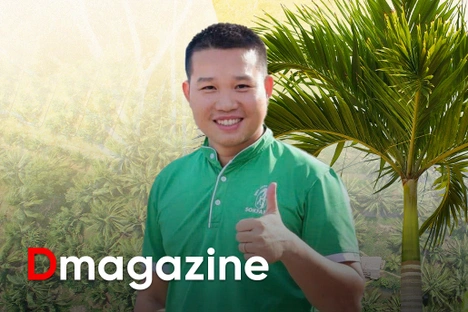



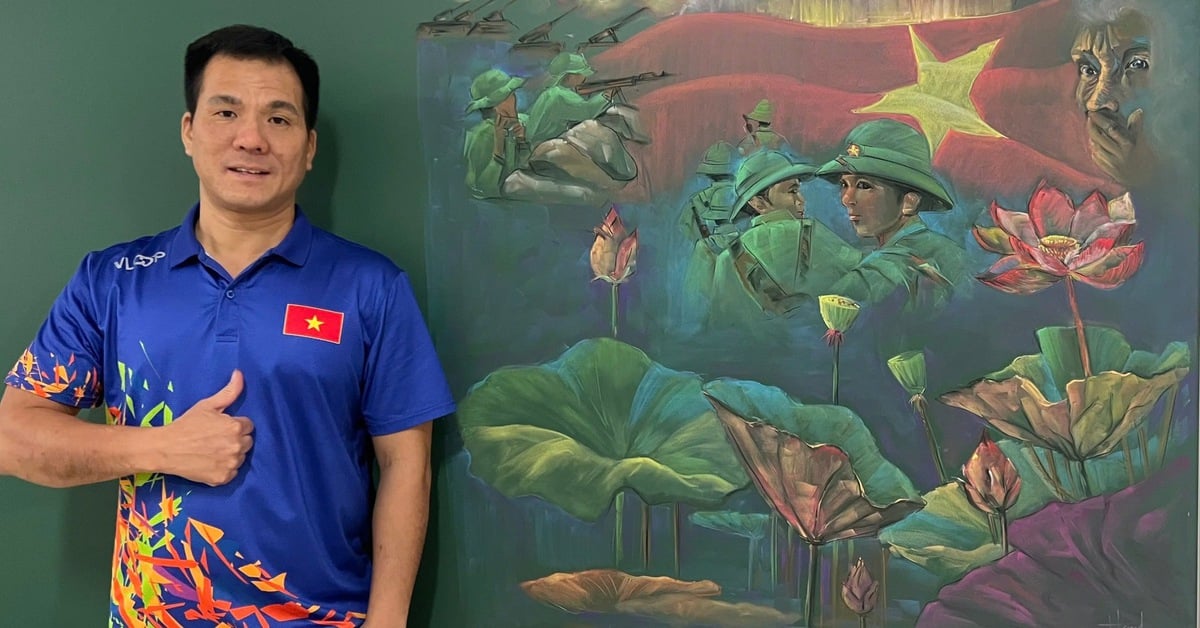

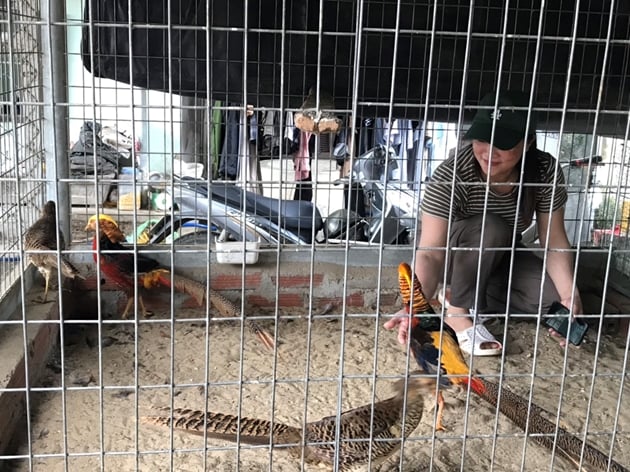

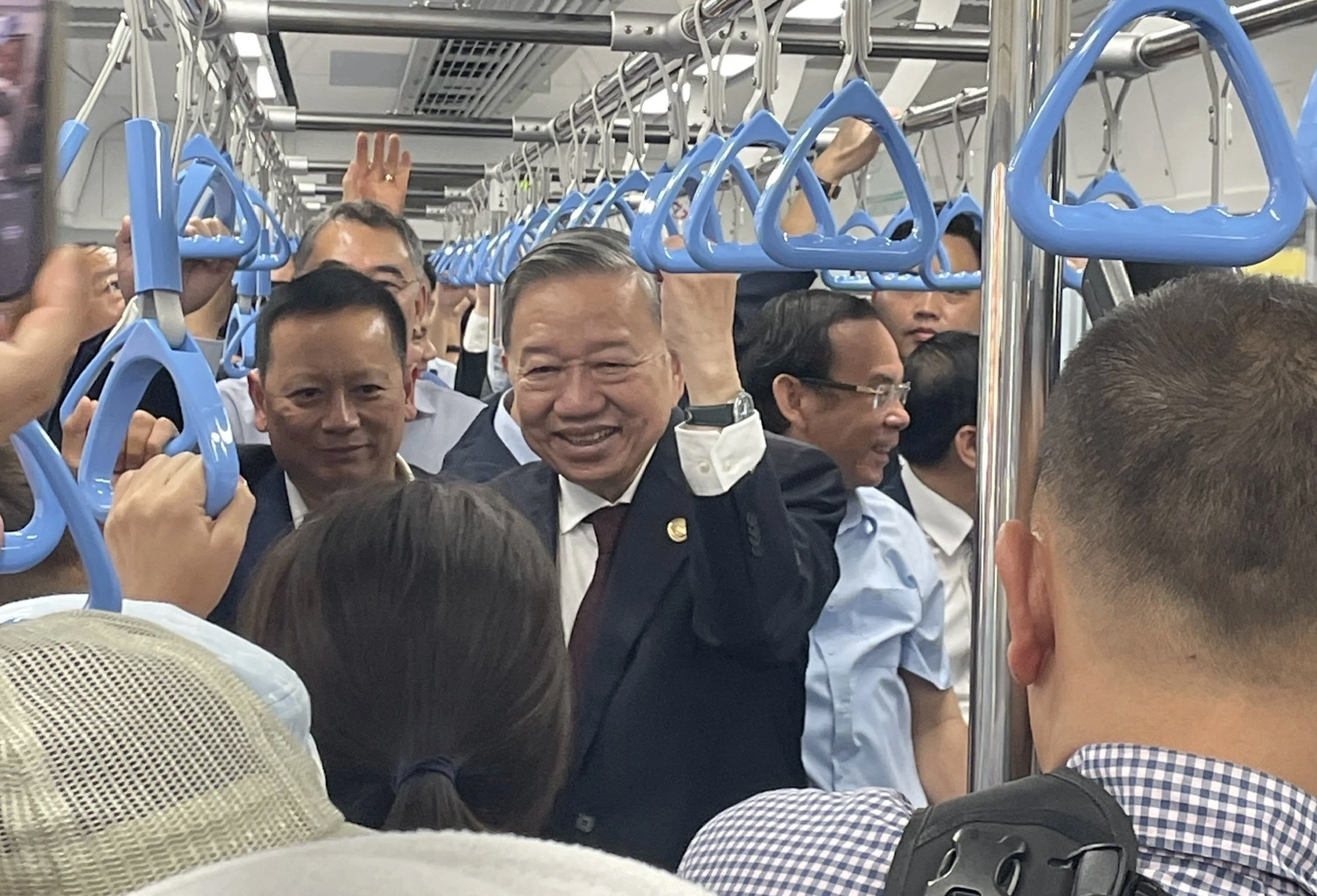

Comment (0)